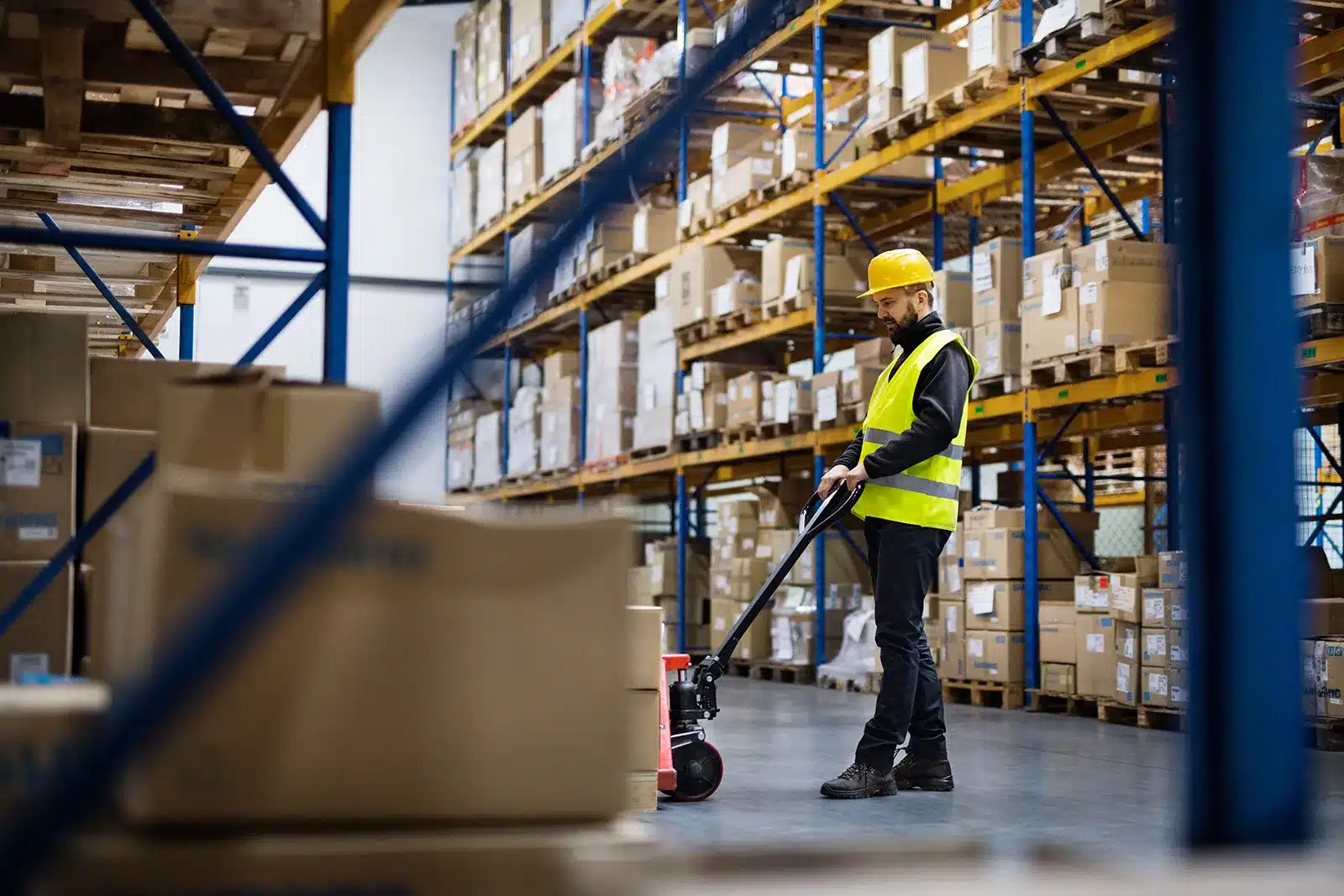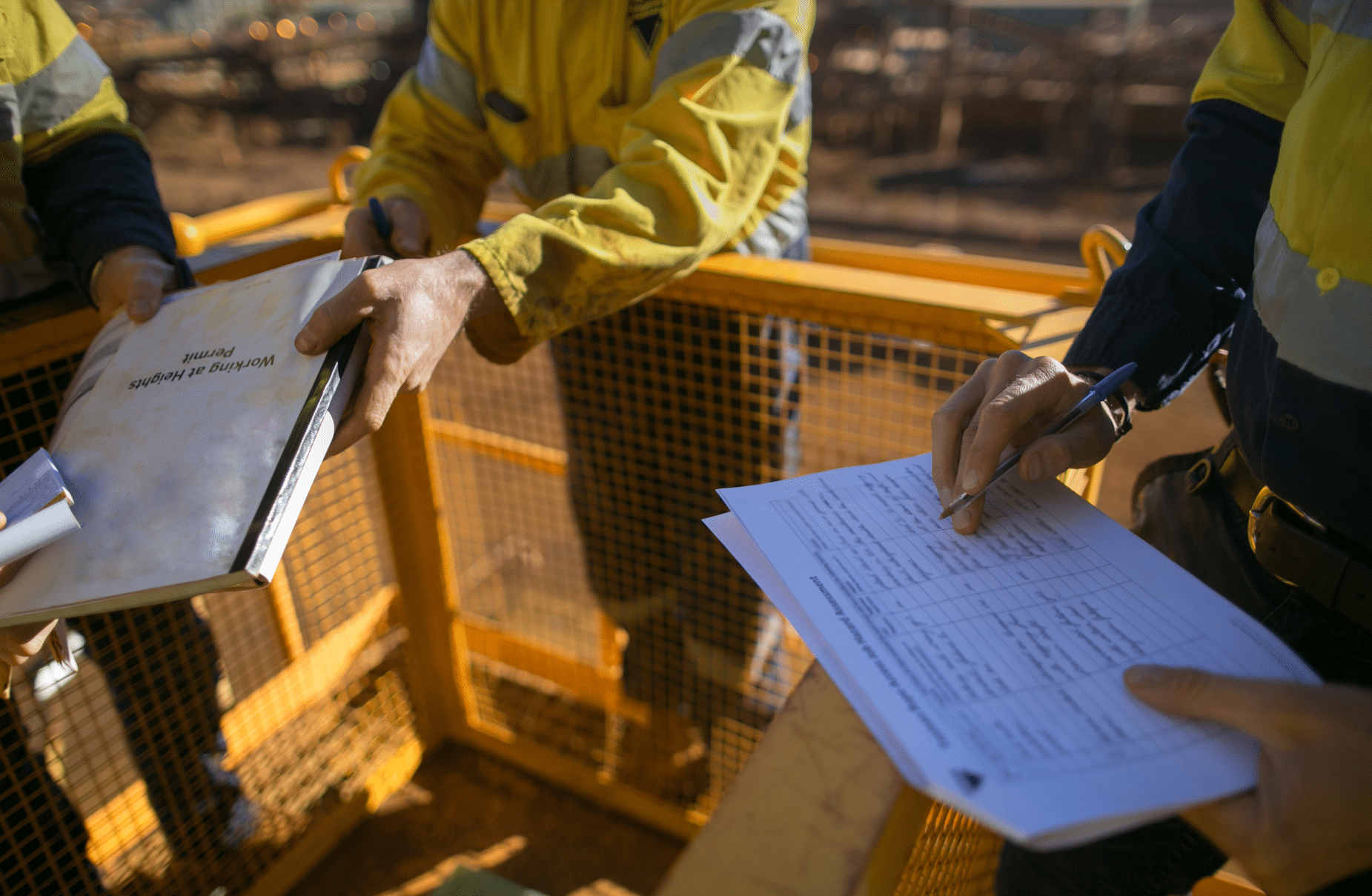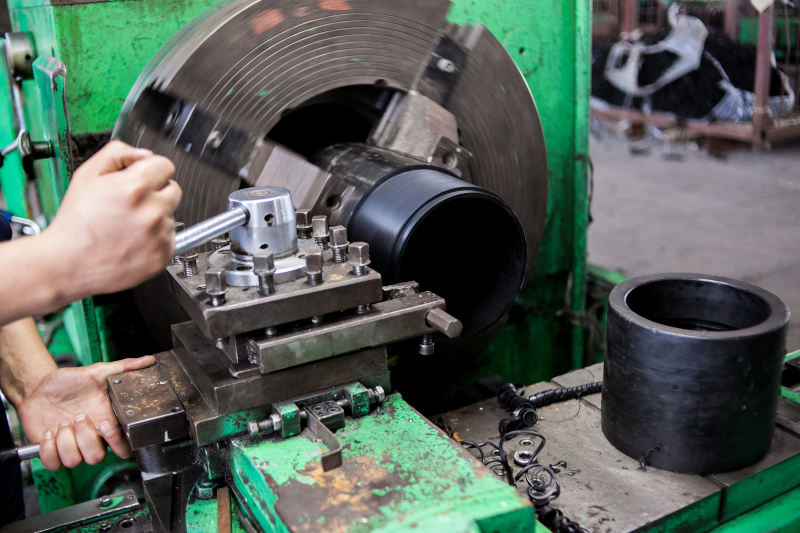By their very nature, workplace accidents can’t be predicted or in most cases 100% prevented, but there are certainly industries where they are more common and we have statistics to back that up.
There are two main sources used to gather data on workplace injuries in the UK: self-reports from the annual Labour Force Survey (LFS) run by the Office for National Statistics and incidents reported by employers under RIDDOR (Reporting of Disease, Dangerous Occurrences Regulations) to the Health and Safety Executive (HS). These can be dissected by industry, but certain incidents don’t have to be reported under RIDDOR, for example if the injury resulted in time off work of less than seven days. Also, frequently employers often play down the nature of an injury they report, in order to prevent a visit from the Health and Safety Executive (though such inspections are on the decline).
In 2016/17, according to RIDDORs, 137 people were killed at work, with the most common cause being falling from heights (26%). According to the LFS figures, 621,000 people sustained non-fatal injuries at work, with the most common cause being lifting and carrying (20%). Using RIDDOR figures, the non-fatal injuries figure resulting in over seven days of absence was 72,702. But it is estimated that around half of injuries that do occur are not reported. So the figures are slightly skewed and we are left with having to apply a general perception about which industries are most likely to result in a workplace injury.
The long-term picture is that there has been a decline in fatal and non-fatal accidents at work, thankfully. Of course, there are some accidents that are more likely to occur in an industrial setting, or on building sites, in factories or when working at heights or in a challenging environment.
Managing stress
Many accidents occur simply because of stress. Stress can affect how you are able to react physically, mentally and emotionally. When you are stressed, you may be less aware of your surroundings and slower to respond, so workplace safety can be compromised anywhere, simply by the fact you are having a bad day. Management ought to ensure that their staff are not under too much pressure, particularly in sectors which are more dangerous than others.
Stress can lead to people forgetting to turn off a device or use certain safety controls; it can impair your judgement if operating something or it may distract you, even in a relatively safe environment like an office or a shop. You might ignore proper procedure and injure yourself lifting a heavy object or you may slip or fall on something. There is a direct link between stress and workplace injury which can apply in almost any workplace setting, so how you and your colleagues manage stress is very important as it can result in workplace accidents in even low-risk industries. If your colleagues can better manage stress, then there is less chance of them injuring you.
Industries where workplace injuries are common
Of course, despite all that, there are certain industries that are inherently more dangerous than others, while some industries typically promote better safety practices than others. The following industries are statistically more prone to workplace injuries:
- Transportation: mechanics and working for cargo or freight agents
- Manufacturing: involving machinery, workplace vehicles, manual handling, racking systems, maintenance practices
- Couriers and delivery drivers: a high rate of injuries in this sector, particularly in busy city centres involving cyclists and motorcyclists
- Nursing: very much a stress-related trend you would think, but common causes involve manual handling and handling substances
- Agricultural: Again using machinery will be a common cause, but also working with unpredictable animals and chemicals, and this is one industry where safety practices are perhaps not always as tight as they could be. Read more here.
- Kitchens: Burns, cuts, dropped items, slips and trips are all very common in a busy kitchen
From our own experiences at Truth Legal, it is amazing the breadth of industry sectors that are commonly involved in workplace injuries. We have skilled professional solicitors who can assess each individual case on its merits Between our dedicated personal injury solicitors, we have represented workers from most sectors. We are therefore likely to have a good understanding of your sector. If, however, we are unfamiliar with your sector, then we will endeavour to understand precisely how you go about your job, so that we can best understand the circumstances of the accident.
Further Reading
From one of the UK’s most read legal blogs.









